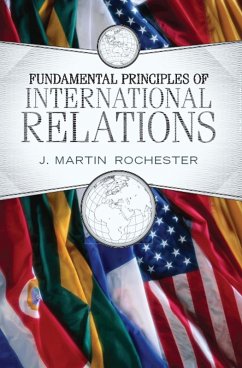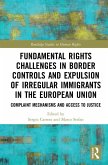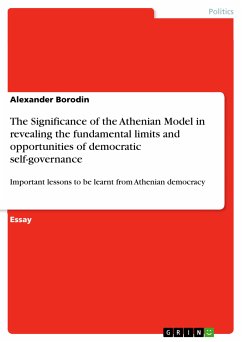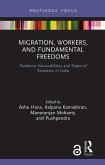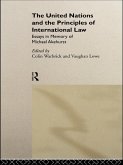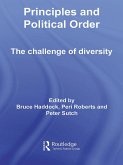This book distills the essential elements of world politics, both the enduring characteristics as well as the revolutionary changes that may be altering the very fabric of the centuries-old state system. Rochester ultimately challenges the reader to think critically about the future of a post-Cold War and post-9/11 world.
Dieser Download kann aus rechtlichen Gründen nur mit Rechnungsadresse in A, B, BG, CY, CZ, D, DK, EW, E, FIN, F, GR, HR, H, IRL, I, LT, L, LR, M, NL, PL, P, R, S, SLO, SK ausgeliefert werden.
Hinweis: Dieser Artikel kann nur an eine deutsche Lieferadresse ausgeliefert werden.

